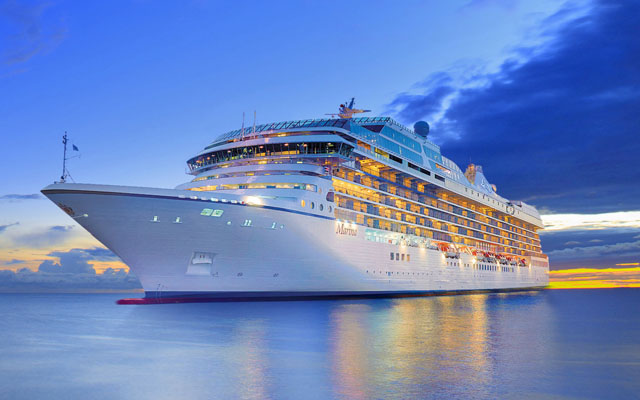Mastercard Economics Institute has released its latest Travel Industry Trends 2023 report which shows that consumers are taking advantage of a more traditional travel ecosystem in 2023, prioritising leisure travel, and pioneering new corridors around the world.
In the face of a changing economic landscape, post-lockdown preferences for experiences over material items and a consistent demand for leisure travel shape 2023’s outlook. Initially lagging leisure travel, business travel also found its footing in the 2H2022, especially in cultures prioritising a return to office.

With an uncertain economy providing some cross-market turbulence, mainland China’s reopening is expected to bolster growth globally with concentrated impact in Asia-Pacific, according to Mastercard Economics Institute estimates.
Some key findings include:
Leisure and business travel growing at the same pace
Driven by the long-awaited lifting of travel restrictions in Asia, global leisure travel remains robust, with flight bookings up roughly 31% in March 2023 compared to the same month in 2019.
In 2H2022 and early 2023, corporate flight bookings caught up to leisure flight bookings driven by regions with a strong return to office culture. Insights show demand for in-person meetings, with the most significant growth in commercial travel and entertainment expenses being led by Asia-Pacific and Europe up 64% and 42% respectively, between January and March 2023.
Mainland China’s reopening benefits global and Asia-Pacific tourism
China’s reopening following tight Covid-19 regulations comes at a time when it will likely have a positive impact on the experience economy as pent-up demand for travel is expected to drive strong tailwinds.
By March 2023, spending on experiences was notably 93% of where it was in 2019 despite minimal travel last year. Economies in the Asia-Pacific region could be obvious beneficiaries of China’s opening, given their strong ties to international trade, tourism, and geographical proximity.
Based on Mastercard Economics Institute estimates, other countries that are expected to benefit include northern Europe – Germany and France – and Brazil, which could see a boost in their exports to China as the economy recovers.
Travellers establish new corridors
As consumers are enjoying higher incomes and returning to some level of pre-pandemic comfort, they are also starting to venture further from home to new locations. For travellers from the Asia-Pacific region, the US and Australia remain favourite destinations for spring and summer journeys.
Beginning in late 2022, visitors to Hong Kong SAR started to increase, with the destination edging its way into the top 10 list and soaring to the third spot in February 2023.
Luxury travel experiences, such as splurging on high-end accommodation and luxury travel in places like France and Italy, will likely entice Chinese tourists emerging from a zero-Covid environment to re-join the experience economy.
Tourists continue to prioritise experiences
Preference for experiences over things persists, and travellers are demonstrating new demand for the unique. Potentially influenced by social media and entertainment, travellers are landing in lesser-known destinations in search of cultural immersion.
As of March 2023, global spending on experiences was up 65%, while spending on things is up 12% compared to 2019. Experience-oriented spending is surging in certain corridors where pandemic lockdowns have expired, but Chinese tourists who traditionally over-index on luxury retail compared to other tourists could provide a boost to goods spending across markets.
“In 2023, travel came roaring back in Asia as China reopened its borders and other markets eased the last of their pandemic-era travel restrictions,” said David Mann, chief economist for Asia at the Mastercard Economics Institute. “As people around the world prioritise experiences over things, the strong demand for travel is expected to last far beyond the initial ‘revenge travel’ bump. As we look ahead to the peak summer travel season, the big question is whether flight and accommodation supply can keep up with demand.”
View the full Travel Industry Trends 2023 report here.




















